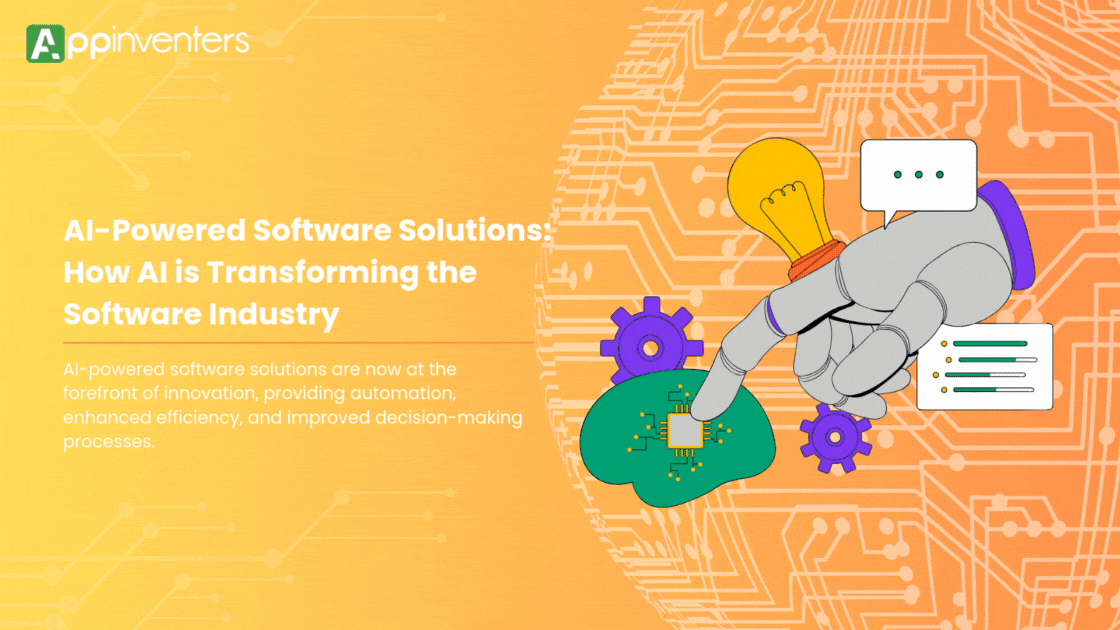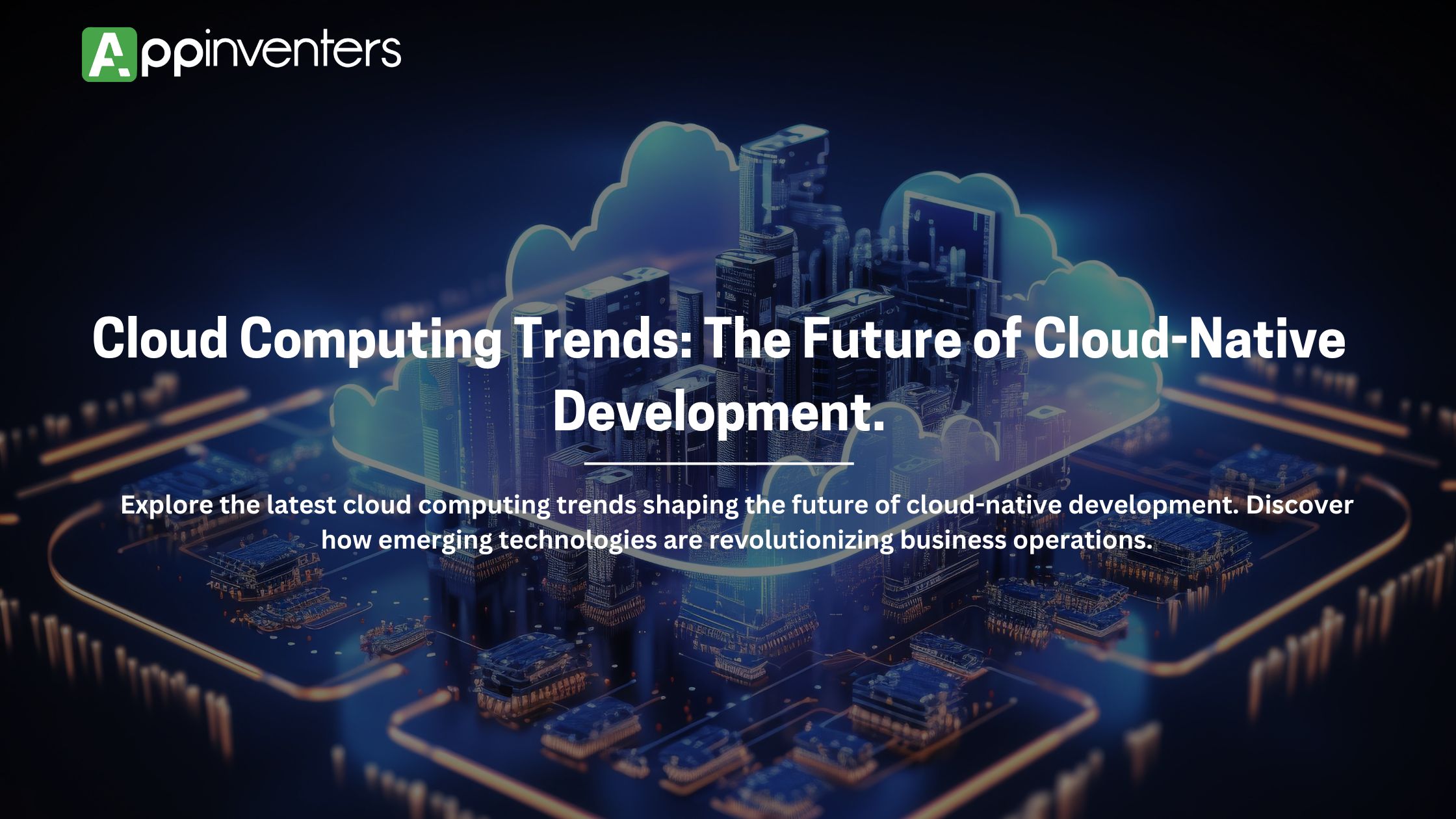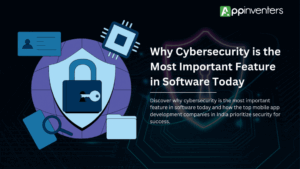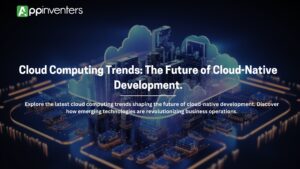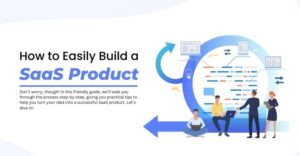Introduction to AI in the Software Industry
The software industry has undergone a radical transformation in recent years, largely due to the adoption of artificial intelligence (AI). AI-powered software solutions are now at the forefront of innovation, providing automation, enhanced efficiency, and improved decision-making processes. By integrating AI, companies can streamline development cycles, reduce human errors, and create more dynamic, user-friendly products. This article explores the ways AI is revolutionizing the software industry, reshaping everything from development and testing to cybersecurity and user experience.
How AI is Enhancing Software Development
Artificial intelligence is revolutionizing software development by introducing automation tools, intelligent programming assistants, and code generation solutions. AI-powered tools like GitHub Copilot help developers write code faster by providing intelligent suggestions, auto-completing code snippets, and identifying errors before they become problems. Machine learning algorithms are also being used to optimize coding workflows, resulting in more efficient, high-quality software development cycles.
Additionally, AI is enabling a shift towards low-code or no-code platforms, empowering non-developers to build applications with minimal technical expertise. By simplifying the development process, businesses can accelerate the time-to-market of their software products and reduce costs.
AI-Powered Automation in Software Testing
AI-driven automation tools are making software testing more efficient and accurate. These tools use AI to identify patterns and predict which areas of code are most likely to contain bugs, allowing for more targeted testing. Automated testing platforms leverage machine learning algorithms to execute test cases, analyze results, and continuously improve testing strategies over time.
As a result, businesses can detect issues earlier in the development process, reducing the cost and time associated with manual testing. Furthermore, AI-based testing tools can simulate user interactions, ensuring that applications meet user expectations in real-world environments.
The Role of AI in Software Maintenance
Software maintenance, a critical but often time-consuming aspect of software development, is also being transformed by AI. AI algorithms can monitor software systems in real-time, detecting anomalies, predicting potential failures, and suggesting updates or patches to maintain optimal performance. Predictive maintenance helps businesses avoid costly downtime by addressing issues before they escalate into significant problems.
Additionally, AI-powered bots can handle routine maintenance tasks, such as applying updates, managing backups, or monitoring system health, freeing up developers to focus on more complex challenges.
AI in Cloud-Based Software Solutions
The integration of AI with cloud computing has opened new possibilities for scalable, intelligent software solutions. AI-powered cloud platforms enable businesses to analyze massive amounts of data, optimize resource allocation, and deliver personalized services to users. Major cloud providers like AWS, Google Cloud, and Microsoft Azure offer AI-powered services, including natural language processing (NLP), image recognition, and machine learning APIs, allowing developers to create sophisticated AI applications without building the infrastructure from scratch.
This combination of AI and cloud technology is driving innovation across industries, enabling businesses to deploy flexible, AI-enhanced software solutions that can scale seamlessly with user demand.
AI in Custom Software Development
Custom software development that greatly benefited from AI, which allows for more personalized and responsive solutions. AI helps developers create software that adapts to user behavior, making it easier to offer tailored experiences and predictive functionality. By integrating AI into custom applications, developers can offer clients solutions that are both agile and scalable.
Machine learning models can be incorporated to analyze user data and predict future behaviors, leading to better decision-making and user engagement. This approach has been particularly valuable in industries such as e-commerce, healthcare, and finance, where businesses require custom software that can adapt to complex, evolving needs.
AI and Predictive Analytics in Software Design
Predictive analytics, powered by AI, is changing the way software is designed. By analyzing historical data and user behavior, AI can predict future trends, allowing developers to design software that meets both current and future needs. This predictive approach improves the longevity and adaptability of software products.
Moreover, AI can help in creating user interfaces (UIs) that dynamically adjust based on user behavior. By predicting user needs, AI helps deliver a more personalized and seamless experience, making the software more intuitive and user-friendly.
The Impact of AI on Cybersecurity Software
Cybersecurity has become a top priority in the software industry, and AI is playing a pivotal role in fortifying defenses. AI-powered cybersecurity tools can analyze vast amounts of data in real-time, identifying potential threats and vulnerabilities much faster than traditional methods. Machine learning algorithms are constantly learning from new threats, enabling security systems to become more resilient over time.
AI is also being used to develop predictive threat models, which can anticipate potential attacks and take preemptive action to protect systems. This proactive approach to cybersecurity is helping businesses safeguard their data and prevent costly breaches.
Challenges of Integrating AI into Software Solutions
While AI offers numerous benefits, integrating it into software solutions presents its own set of challenges. AI development requires significant expertise, infrastructure, and resources, making it inaccessible for smaller businesses. Additionally, AI systems can sometimes produce unpredictable outcomes, leading to potential errors or biases in software solutions.
Another challenge is the ethical considerations surrounding AI, particularly in terms of data privacy and algorithmic transparency. Businesses must carefully navigate these issues to ensure that their AI-powered software solutions are both effective and ethical.
Future Trends: AI in Software Solutions
The future of AI in software solutions looks promising, with advancements in machine learning, natural language processing, and quantum computing poised to revolutionize the industry further. As AI becomes more accessible, we can expect to see more widespread adoption of AI-powered tools and platforms across various industries.
In the near future, AI may be integrated into every stage of the software development lifecycle, from ideation and design to deployment and maintenance. This shift will lead to faster, more efficient, and more innovative software solutions that are capable of solving increasingly complex problems.
Conclusion: AI’s Potential to Revolutionize the Software Industry
AI is rapidly transforming the software industry, offering new ways to develop, test, and maintain software solutions. From enhancing user experiences to improving cybersecurity, AI-powered software is pushing the boundaries of innovation and efficiency. As AI technologies continue to evolve, the software industry will undoubtedly see even greater transformations in the years to come.

